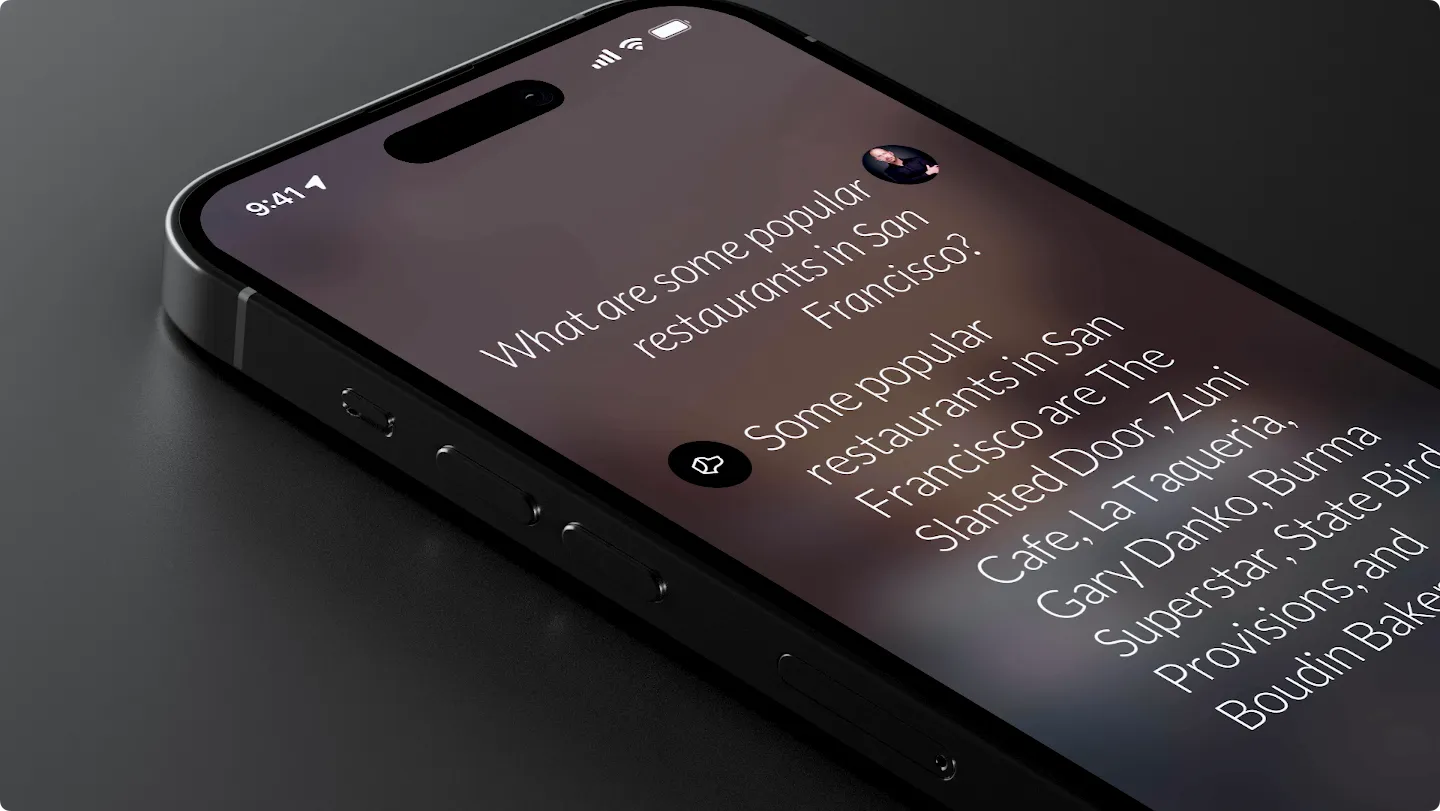使用Player FM应用程序离线!
Episode 429: Why Roku wants a smart home OS
Manage episode 367387737 series 3030688
This week we learned a bit more about streaming provider Roku’s plans to build a smart home operating system. This is in addition to all of the new smart home devices the company has developed using Wyze hardware. Because Kevin Tofel is on vacation, I’m talking about all this with my co-host and the creator of the Lowpass newsletter Janko Roettgers, who is a smart TV expert. Janko explains what’s happening with this deal and the overall shift to control smart homes through televisions. We then talk about smart energy management options from SmartThings, and Josh.ai’s new JoshGPT service that combines traditional smart home control with a large language model. In smaller news bits we cover two new sensors from SimpliSafe, new Matter-enabled Wi-Fi light switches from TP-Link’s Tapo brand, a potential audio streaming device from Eve, and purported new sensors for IKEA’s smart home ecosystem. Nanoleaf also launched a reasonably-priced way to give your TV ambient lighting. We also hear from a listener about his review of the Bond IR device we recommended a few weeks back.

Our guest this week is Scott Ford, the CEO of Pepper. Pepper recently teamed up with Embedded Insurance to create an add-on cyber insurance policy that Pepper can offer through its partnerships with service providers and consumer device makers. Pepper provides a smart home application and service for other businesses, for example providing a smart home interface for an ISP or providing cloud storage services for a connected camera maker. Much like adding on cloud storage can generate extra revenue, adding cyber insurance or other insurance policies can generate money. So customers of Pepper’s customers may soon get a notification asking if they want to pay $5 for cyber insurance that will offset some of the costs of identity theft, cyberbullying, cyber extortion, and more. Ford talks about the cyber insurance product and about how connected devices are changing the way that insurers market their products, and how they assess risk. Honestly, that risk assessment is both exciting and a little bit scary. Enjoy the show.
Hosts: Stacey Higginbotham and Janko Roettgers, creator of the Lowpass newsletter
Guest: Scott Ford, the CEO of Pepper
Sponsors: Blynk and Particle
- Does Roku really want to build a smart home OS or just sell more gear?
- Josh.ai brings generative AI to smart homes, and it’s nice
- Nanoleaf’s 4-D screen mirror tech is pretty cool
- Why your smart camera maker may soon offer you insurance
- How connected devices change the way insurance is sold … and priced
The post Episode 429: Why Roku wants a smart home OS appeared first on IoT Podcast - Internet of Things.
12集单集
Manage episode 367387737 series 3030688
This week we learned a bit more about streaming provider Roku’s plans to build a smart home operating system. This is in addition to all of the new smart home devices the company has developed using Wyze hardware. Because Kevin Tofel is on vacation, I’m talking about all this with my co-host and the creator of the Lowpass newsletter Janko Roettgers, who is a smart TV expert. Janko explains what’s happening with this deal and the overall shift to control smart homes through televisions. We then talk about smart energy management options from SmartThings, and Josh.ai’s new JoshGPT service that combines traditional smart home control with a large language model. In smaller news bits we cover two new sensors from SimpliSafe, new Matter-enabled Wi-Fi light switches from TP-Link’s Tapo brand, a potential audio streaming device from Eve, and purported new sensors for IKEA’s smart home ecosystem. Nanoleaf also launched a reasonably-priced way to give your TV ambient lighting. We also hear from a listener about his review of the Bond IR device we recommended a few weeks back.

Our guest this week is Scott Ford, the CEO of Pepper. Pepper recently teamed up with Embedded Insurance to create an add-on cyber insurance policy that Pepper can offer through its partnerships with service providers and consumer device makers. Pepper provides a smart home application and service for other businesses, for example providing a smart home interface for an ISP or providing cloud storage services for a connected camera maker. Much like adding on cloud storage can generate extra revenue, adding cyber insurance or other insurance policies can generate money. So customers of Pepper’s customers may soon get a notification asking if they want to pay $5 for cyber insurance that will offset some of the costs of identity theft, cyberbullying, cyber extortion, and more. Ford talks about the cyber insurance product and about how connected devices are changing the way that insurers market their products, and how they assess risk. Honestly, that risk assessment is both exciting and a little bit scary. Enjoy the show.
Hosts: Stacey Higginbotham and Janko Roettgers, creator of the Lowpass newsletter
Guest: Scott Ford, the CEO of Pepper
Sponsors: Blynk and Particle
- Does Roku really want to build a smart home OS or just sell more gear?
- Josh.ai brings generative AI to smart homes, and it’s nice
- Nanoleaf’s 4-D screen mirror tech is pretty cool
- Why your smart camera maker may soon offer you insurance
- How connected devices change the way insurance is sold … and priced
The post Episode 429: Why Roku wants a smart home OS appeared first on IoT Podcast - Internet of Things.
12集单集
所有剧集
×欢迎使用Player FM
Player FM正在网上搜索高质量的播客,以便您现在享受。它是最好的播客应用程序,适用于安卓、iPhone和网络。注册以跨设备同步订阅。




